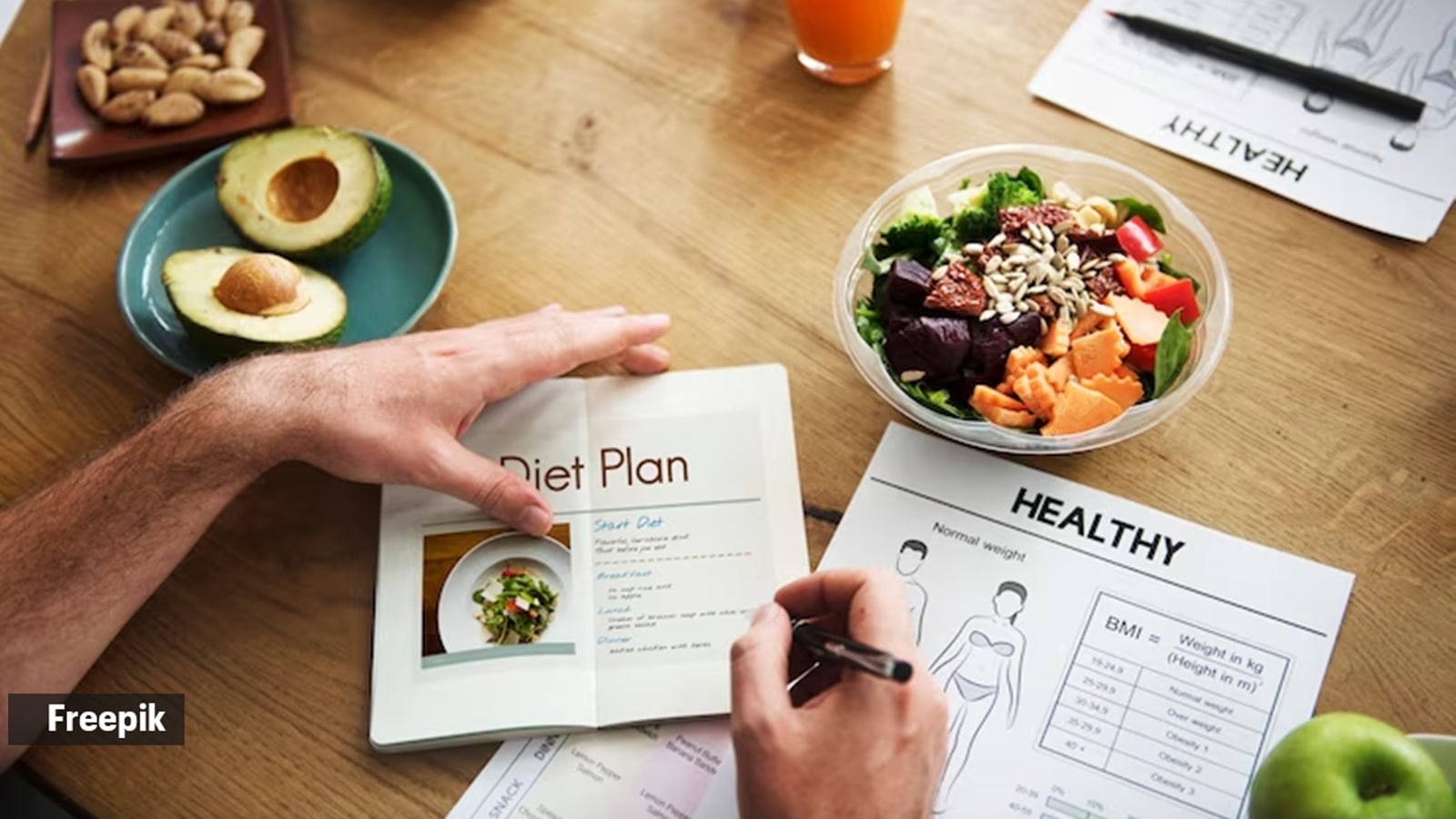📣 For more lifestyle news, click here to join our WhatsApp Channel and also follow us on Instagram
Nutritionist says homemade biscuits also must not be eaten everyday: ‘Even if you are buying a cookie made using ghee and jaggery…’
The key lies in moderation and smart swaps
 Do you have cookies every day? (Photo: Getty Images/Thinkstock)
Do you have cookies every day? (Photo: Getty Images/Thinkstock)Nutritionist Amita Gadre highlighted the need to be wary of consuming biscuits and cookies every day even if they are homemade and free from artificial sweeteners. “Cookies are made with three parts of flour, two parts of fat, and one part of sugar, which roughly translates to 50-70 per cent flour, 15-35 per cent fat, and 10-25 per cent sugar. Even if you are making it at home, even if you are buying a cookie made using ghee and jaggery, it is still a product with empty calories and extra sugar and fat that you don’t need. You may give your children a homemade cookie occasionally, but not as an everyday snack,” Gadre noted in an Instagram post.
Consultant dietitian Garima Goyal affirmed that it’s a common belief that if something is homemade, it’s automatically healthy, but that’s not always true, especially when it comes to biscuits and cookies. “Even when made at home, they’re typically rich in refined flour, sugar, and fat, which makes them energy dense and low in essential nutrients. While they may not contain preservatives or artificial additives like store-bought ones, their basic nutritional profile doesn’t change significantly,” said Goyal.
 Are you indulging in empty calories? (Photo: Freepik)
Are you indulging in empty calories? (Photo: Freepik)
From a metabolic perspective, Goyal elaborated that consuming biscuits or cookies frequently, even homemade versions, can lead to repeated blood sugar spikes and crashes, thereby increasing cravings and contributing to weight gain or insulin resistance over time. “People also tend to replace nutrient-dense snacks like fruit, nuts or yoghurt, which provide vitamins, fibre, and protein, with these biscuits and cookies, which is an issue in the long run,” said Goyal.
She also emphasised that consuming biscuits and cookies on a regular basis can negatively impact oral health, as it can lead to tooth decay, especially when not properly monitored.
View this post on Instagram
That doesn’t mean homemade treats have to be completely avoided.
“The key lies in moderation and smart swaps. Using whole grains and dates in limited amounts and adding fibre through seeds or nuts can make them healthier, but they should still be considered occasional indulgences, not daily snacks. True everyday snacks should nourish, not just be comfortable,” mentioned Goyal.
DISCLAIMER: This article is based on information from the public domain and/or the experts we spoke to. Always consult your health practitioner before starting any routine.
📣 For more lifestyle news, click here to join our WhatsApp Channel and also follow us on Instagram





- 01
- 02
- 03
- 04
- 05






















